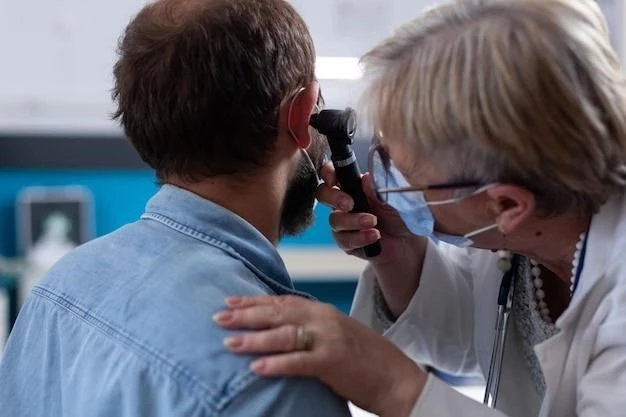Overview of Mucopolysaccharidosis Type 3 (MPS III)
Sanfilippo syndrome, also known as mucopolysaccharidosis type III (MPS III), is a rare genetic condition causing fatal brain damage. It is crucial to understand its impact and challenges.
Mucopolysaccharidosis type III (MPS III), or Sanfilippo syndrome, is a rare genetic condition that leads to fatal brain damage. It is caused by the deficiency of specific enzymes required to break down sugar molecules in the body, impacting the central nervous system.
Individuals with MPS III inherit the defective genes from both parents, resulting in the inability to properly process glycosaminoglycans. This accumulation leads to severe neurological symptoms and progressive cognitive decline.
Early diagnosis and understanding the genetic component of MPS III are crucial for managing symptoms and exploring potential treatment options. Genetic counseling can provide valuable information for families at risk of passing on the condition.
Symptoms and Progression
MPS III manifests with severe neurological symptoms and cognitive decline over time, impacting daily life. The progressive nature of the disease emphasizes the need for early diagnosis and symptom management.
Intellectual Disability and Life Span
Individuals with MPS III experience progressive intellectual disability as the disease advances. The unpredictable nature of the life span, often shortened due to neurologic complications, emphasizes the importance of timely intervention and support.

Diagnosis and Subtypes
The diagnosis of MPS III involves biochemical confirmation and subtype classification to understand the specific variety of the storage disorder. Timely identification is vital for appropriate management.
Definition and Causes
Mucopolysaccharidosis type III (MPS III), commonly known as Sanfilippo syndrome, is a hereditary metabolic disorder resulting from the deficiency of enzymes required to break down long chains of sugar molecules in the body. This leads to the accumulation of glycosaminoglycans, affecting various organs and tissues.
The condition is autosomal recessive, meaning individuals must inherit a defective gene from both parents to develop MPS III. Understanding the genetic basis of the disease is essential for proper diagnosis and management.
Treatment Approaches
Managing the symptoms of MPS III is crucial, and while there is no specific cure, ongoing research into gene therapy and enzyme replacement offers hope for future treatment options.
Current Management Strategies
Effective management of MPS III involves comprehensive care to address the progressive neurological and cognitive symptoms. While there is no specific cure, symptom management, supportive therapies, and ongoing monitoring play a crucial role in improving the quality of life for individuals with MPS III.
Research and Development
Stay informed about the latest advances in gene therapy and enzyme replacement studies for managing Mucopolysaccharidosis type 3 (MPS III). Explore these promising treatment avenues!
Gene Therapy and Enzyme Replacement Studies
Advancements in gene therapy and enzyme replacement studies offer hope for potential treatments for Mucopolysaccharidosis type 3 (MPS III). Understanding the latest research in these areas can provide valuable insights into future management approaches.

Impact on Individuals
Understanding the emotional and physical toll MPS III takes on individuals underscores the importance of holistic support and care strategies. Seek comprehensive assistance for enhanced well-being.
Effect on Quality of Life and Daily Functioning
MPS III significantly impacts the quality of life and daily functioning of individuals due to progressive neurological deterioration. Understanding these effects is crucial for providing proper support and enhancing overall well-being;
Prognosis and Life Expectancy
Understand the unpredictable nature of life expectancy in individuals with MPS III, emphasizing the importance of early intervention and comprehensive care to manage symptoms effectively.
Unpredictable Nature of Life Span in MPS III
The life span of individuals with MPS III is variable and often shortened due to the progression of neurologic complications and respiratory infections. It is essential to provide holistic care and support to enhance the quality of life.
Comparison with Other Types of Mucopolysaccharidoses
Understanding the unique features of MPS III compared to other variants of mucopolysaccharidoses is crucial for tailored treatment and care plans. Stay informed about the distinctions!
Distinguishing Features of MPS III from Other Variants
MPS III, known as Sanfilippo syndrome, stands out among mucopolysaccharidoses due to its severe impact on the central nervous system, resulting in fatal brain damage. Understanding these unique characteristics is key for tailored treatment approaches.
